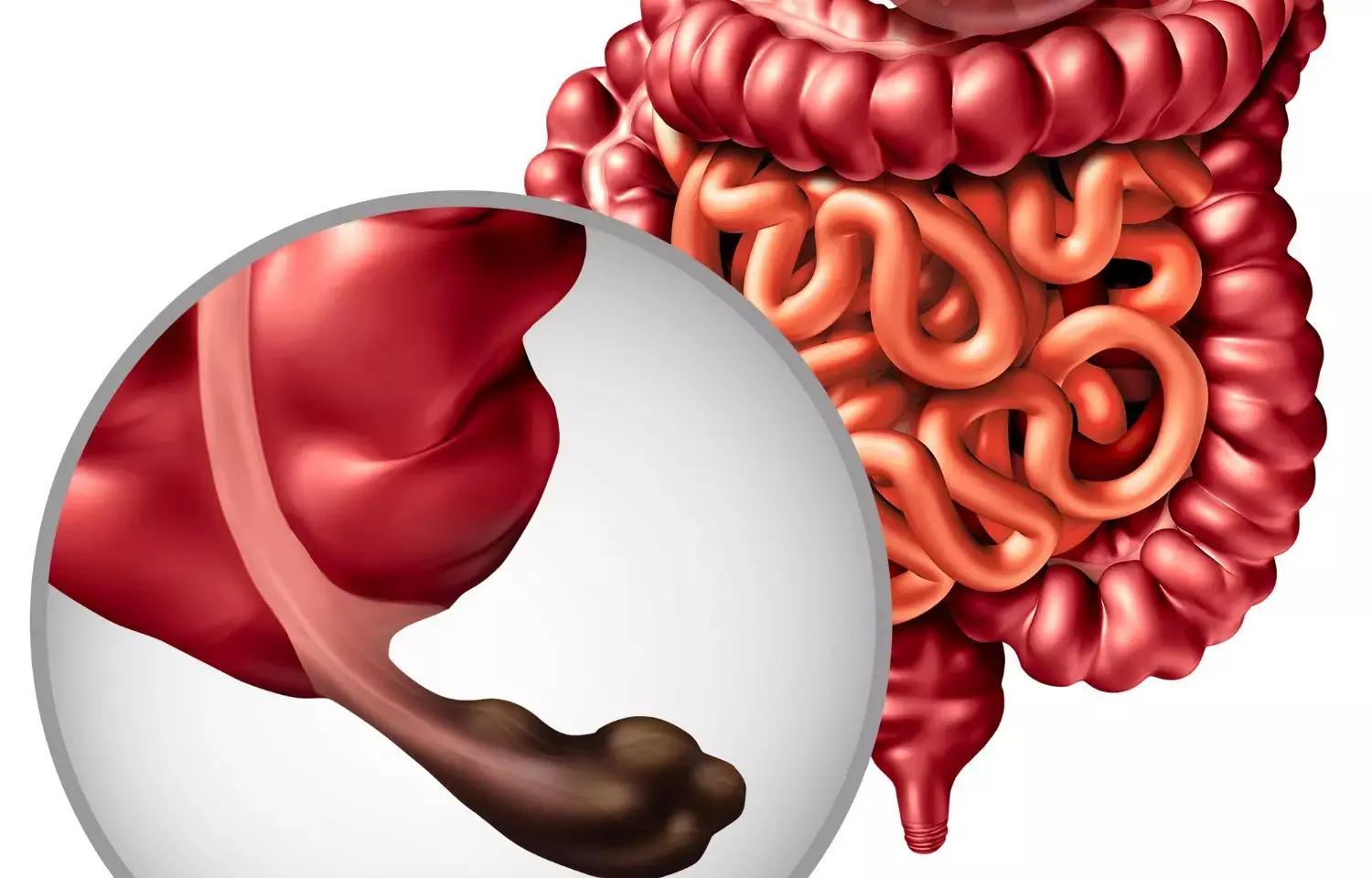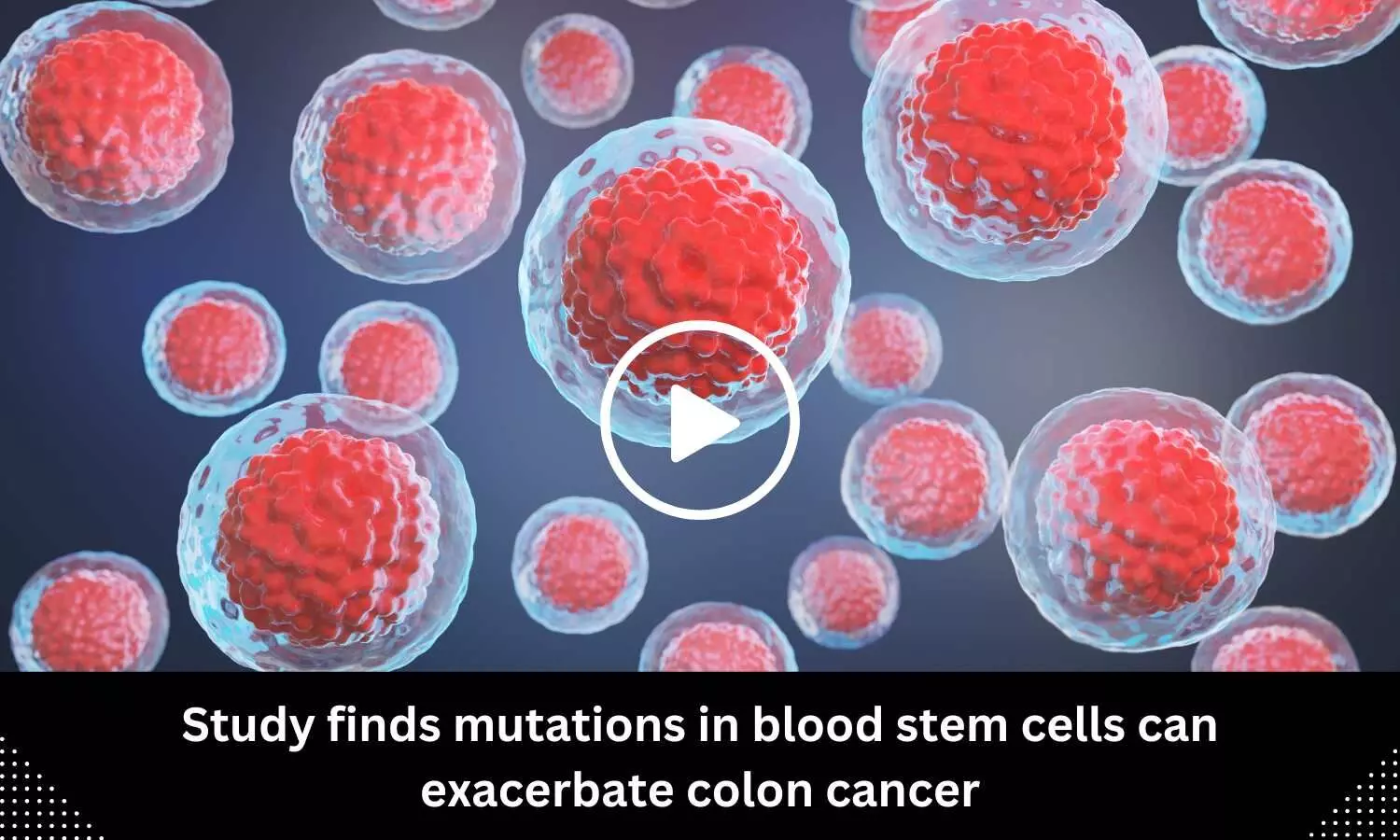- Home
- Medical news & Guidelines
- Anesthesiology
- Cardiology and CTVS
- Critical Care
- Dentistry
- Dermatology
- Diabetes and Endocrinology
- ENT
- Gastroenterology
- Medicine
- Nephrology
- Neurology
- Obstretics-Gynaecology
- Oncology
- Ophthalmology
- Orthopaedics
- Pediatrics-Neonatology
- Psychiatry
- Pulmonology
- Radiology
- Surgery
- Urology
- Laboratory Medicine
- Diet
- Nursing
- Paramedical
- Physiotherapy
- Health news
- Fact Check
- Bone Health Fact Check
- Brain Health Fact Check
- Cancer Related Fact Check
- Child Care Fact Check
- Dental and oral health fact check
- Diabetes and metabolic health fact check
- Diet and Nutrition Fact Check
- Eye and ENT Care Fact Check
- Fitness fact check
- Gut health fact check
- Heart health fact check
- Kidney health fact check
- Medical education fact check
- Men's health fact check
- Respiratory fact check
- Skin and hair care fact check
- Vaccine and Immunization fact check
- Women's health fact check
- AYUSH
- State News
- Andaman and Nicobar Islands
- Andhra Pradesh
- Arunachal Pradesh
- Assam
- Bihar
- Chandigarh
- Chattisgarh
- Dadra and Nagar Haveli
- Daman and Diu
- Delhi
- Goa
- Gujarat
- Haryana
- Himachal Pradesh
- Jammu & Kashmir
- Jharkhand
- Karnataka
- Kerala
- Ladakh
- Lakshadweep
- Madhya Pradesh
- Maharashtra
- Manipur
- Meghalaya
- Mizoram
- Nagaland
- Odisha
- Puducherry
- Punjab
- Rajasthan
- Sikkim
- Tamil Nadu
- Telangana
- Tripura
- Uttar Pradesh
- Uttrakhand
- West Bengal
- Medical Education
- Industry
Alanine intake may have potential Role in Colon Cancer Prevention and Survival

In a significant breakthrough, scientists have unveiled a novel connection between alanine and the risk of colon adenocarcinoma, a frequently encountered form of colon cancer. This cutting-edge research, employing innovative Mendelian randomization (MR) analysis, has provided compelling evidence of a distinct link between the protective characteristics exhibited by amino acid alanine on the risk of colon adenocarcinoma and also the prognosis of the disease.
The study results were published in the journal BMC Cancer.
Colon cancer, among the most prevalent forms of cancer globally, has been a subject of intensive investigation for years. While it is well-established that tumor cells undergo metabolic reprogramming involving amino acids, the potential correlation between blood amino acids and the risk of colon adenocarcinoma has remained relatively unexplored until now. Hence researchers from The First Affiliated Hospital of Jinzhou Medical University, Jinzhou, China conducted a study to examine the association between 20 amino acids in the blood and the risk of colon adenocarcinoma.
Mendelian randomization (MR) analysis was employed to investigate the connection between 20 blood amino acids and the risk of colon adenocarcinoma. Additionally, reverse MR analysis to detect the presence of reverse causality. To explore potential mediating effects, a two-step MR analysis was carried out. Furthermore, alanine detection data from colon adenocarcinoma patients were leveraged to assess variations in alanine levels among healthy individuals and colon cancer patients, considering different stages and locations of the disease. To gauge the relationship between alanine and overall survival, a Kaplan-Meier curve was utilized, followed by the implementation of COX univariate analysis.
The MR analysis used in this study is an exciting tool that enables scientists to delve into causal relationships between variables. In this case, genetic variants served as instrumental variables to ascertain whether blood amino acid levels might have a causal impact on the development of colon adenocarcinoma.
Key Findings:
- One of the most striking revelations from this study is the inverse correlation between alanine and the risk of colon adenocarcinoma.
- Contrary to popular belief, there is no substantial evidence to suggest that colon adenocarcinoma directly influences alanine levels in the blood.
- In the quest to comprehend the mechanisms underlying this correlation, the study explored potential mediators in the causal pathway.
- The results indicated that neither alanine aminotransferase (ALT), an enzyme linked to alanine metabolism, nor blood glucose appears to act as intermediaries in this process.
- An integral part of this research entailed analyzing actual alanine levels in colon adenocarcinoma patients at various stages of the disease.
- These tests revealed a compelling trend: individuals diagnosed with colon adenocarcinoma exhibited a significant decrease in alanine levels, particularly in cases of stage IV colon adenocarcinoma with distant metastasis.
- Of significant note, the study also showcased that elevated alanine levels were correlated with improved overall survival rates among colon adenocarcinoma patients, suggesting that alanine might not only play a preventive role but could also influence the prognosis for those already diagnosed with the disease.
In conclusion, this groundbreaking research reveals an exciting prospect in the domain of colon cancer. Alanine, an amino acid that naturally occurs in the body and is found in various foods, seems to have a protective effect against the onset of colon adenocarcinoma and may even enhance the prognosis for those grappling with this challenging diagnosis. The implications of this study are far-reaching and hint at the potential of dietary interventions to mitigate the risk and improve the lives of those affected by colon cancer. Nevertheless, it is crucial to emphasize that further research and clinical trials are imperative to fully validate these findings and unravel the precise mechanisms at play. Nonetheless, this study opens up promising new avenues for research and holds the promise of transforming the landscape of colon cancer prevention and treatment.
Further reading: Wang, Y., Jia, Z., Wang, Q. et al. Amino acids and risk of colon adenocarcinoma: a Mendelian randomization study. BMC Cancer 23, 1041 (2023). https://doi.org/10.1186/s12885-023-11514-w
BDS, MDS
Dr.Niharika Harsha B (BDS,MDS) completed her BDS from Govt Dental College, Hyderabad and MDS from Dr.NTR University of health sciences(Now Kaloji Rao University). She has 4 years of private dental practice and worked for 2 years as Consultant Oral Radiologist at a Dental Imaging Centre in Hyderabad. She worked as Research Assistant and scientific writer in the development of Oral Anti cancer screening device with her seniors. She has a deep intriguing wish in writing highly engaging, captivating and informative medical content for a wider audience. She can be contacted at editorial@medicaldialogues.in.
Dr Kamal Kant Kohli-MBBS, DTCD- a chest specialist with more than 30 years of practice and a flair for writing clinical articles, Dr Kamal Kant Kohli joined Medical Dialogues as a Chief Editor of Medical News. Besides writing articles, as an editor, he proofreads and verifies all the medical content published on Medical Dialogues including those coming from journals, studies,medical conferences,guidelines etc. Email: drkohli@medicaldialogues.in. Contact no. 011-43720751




